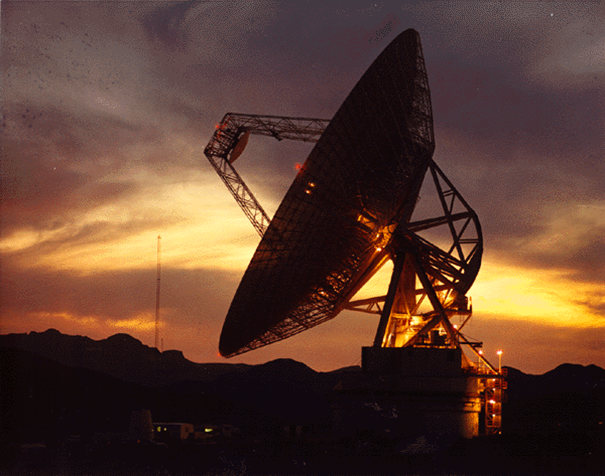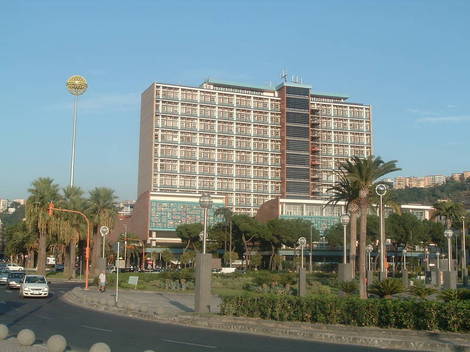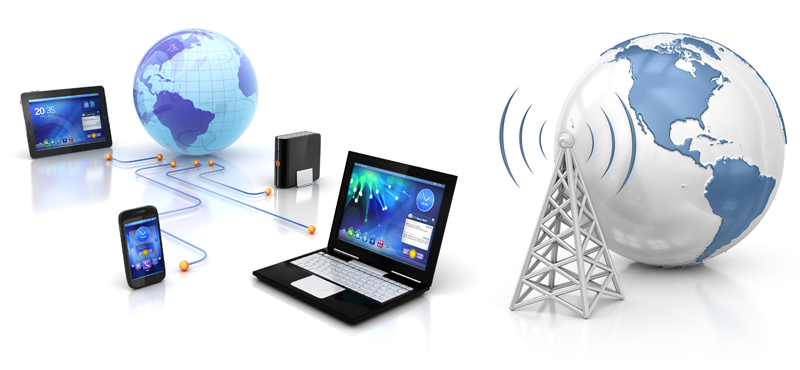What are TLCs?Telecommunication Engineering (TLC) deals with remote transmission and processing of information. It is a fundamental part of information information, called Information and Communication Technology (ICT) in the Anglo-Saxon world. TLC deals with:
|
 |
TLC at Federico IIThe study of TLC at Federico II is articulated according to the following training levels:
|
 |
|
|
TLC's Engineer The engineer uses knowledge of the exact and experimental sciences, along with his "ingenuity" (from Latin ingenium), to solve concrete problems. In developing its solutions, therefore, it takes into account a number of economic and technical constraints, reaching the best possible compromise between available resources and quality. The engineer, therefore, not only knows the sciences without which he would only be a "sorcerer", but also knows how to use them to make useful products to society, whether they are buildings, cars, or cell phones. |
| The information engineer applies this form to the disciplines of Information and Communication Technology (ICT) such as electronics, information technology and telecommunications, dealing with electronic computers, the Internet, cellular telephony, telecommunications satellites, digital music and television, and so on. These are disciplines very close to pure sciences, often created by the work of great mathematicians and physicists such as James Maxwell, John von Neumann, Claude Shannon. The information engineer therefore has a particularly thorough methodological training and a greater propensity to teamwork rather than individual |  |
 |
Part of the great information technology family, the telecommunications engineer has a number of specific skills that relate to:
|
So, to fix ideas through an application example, in broadcasting a satellite video from the site of a natural disaster, the TLC engineer goes through:
- The satellite phone project
- The design of satellite-based equipment
- The design of transmitting and receiving antennas
- The data compression algorithm (eg MPEG)
- The coding, modulation and decoding techniques of the signal
- Communication protocols and error correction.


















